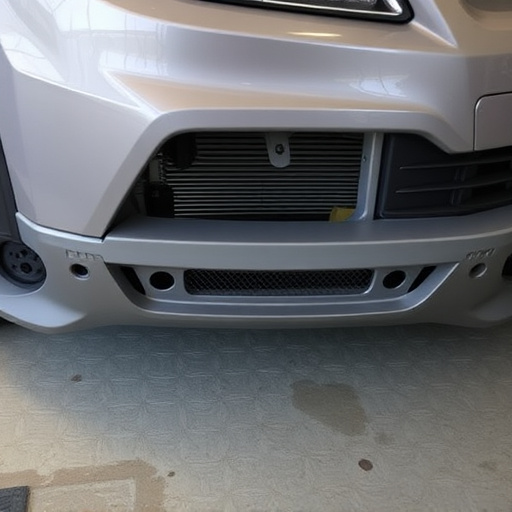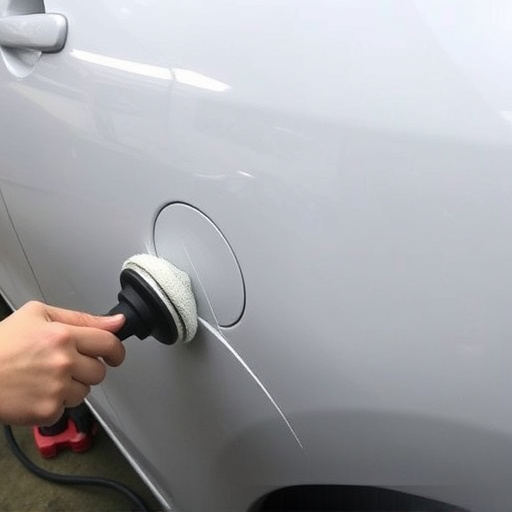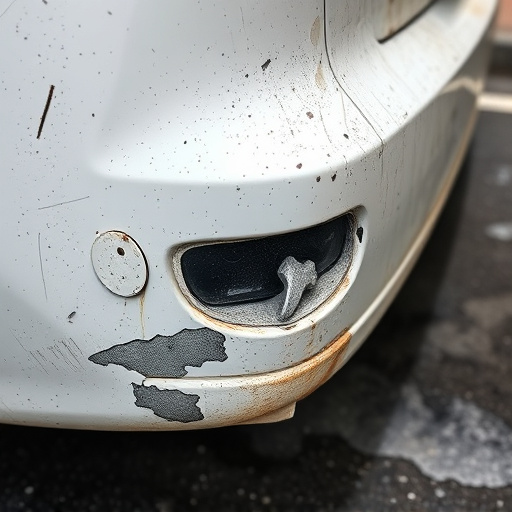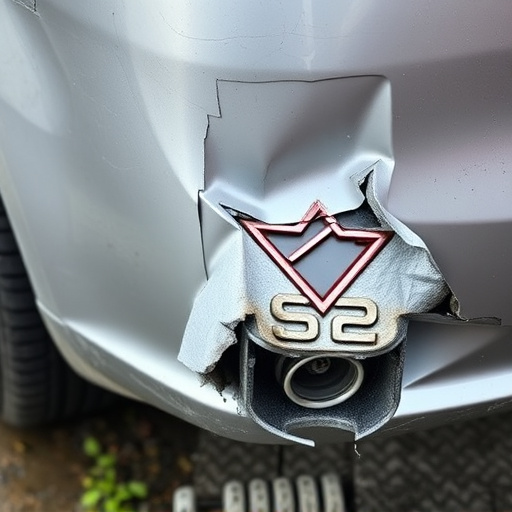Promptly notify insurance after a car accident. Document damage with photos, records, and witness statements. Adjusters offer settlement based on repair estimates from pre-approved centers. Accepting facilitates auto body repairs and returns vehicle to pre-accident condition. Severe or poor initial repairs can lead to hidden costs and residual issues in future claims. Engage reputable repair facilities for accurate assessments and resolutions. Efficiently manage future claims with meticulous records, transparent communication, and proactive updates.
Collision claim settlements can significantly influence your future claims. This article delves into the intricate process of handling these claims, exploring factors that impact their outcomes, and offering strategies for effective post-settlement management. Understanding how collisions are settled is crucial in navigating potential challenges and ensuring favorable outcomes. By familiarizing yourself with key considerations, you can make informed decisions, ultimately enhancing your claim management skills and protecting your interests.
- Understanding Collision Claim Settlement Process
- Factors Affecting Future Claim Outcomes
- Strategies to Enhance Post-Settlement Claims Management
Understanding Collision Claim Settlement Process

The collision claim settlement process involves several steps that can significantly impact your future claims. When you’re involved in a car accident, the first step is to notify your insurance provider as soon as possible. They will assign an adjuster who will assess the damage to your vehicle and determine the liability of each party involved. During this phase, it’s crucial to document all details related to the incident, including photos of the damage, medical records if injuries occurred, and any witness statements.
Once the adjuster completes their evaluation, they will provide a settlement offer based on the repair estimates from pre-approved body shop services or collision damage repair centers. If you accept the offer, your insurance company will facilitate the payment for the required auto body repairs, and your vehicle will be restored to its pre-accident condition. Understanding this process is essential as it can influence how smoothly your future claims are handled, ensuring fair compensation for any subsequent accidents or damages.
Factors Affecting Future Claim Outcomes

When dealing with a collision claim settlement, several factors can influence the outcome of future claims. The severity of the initial damage is a primary consideration; extensive or mismanaged repairs can leave residual issues that may affect subsequent claims. For instance, subpar car dent repair or inadequate vehicle paint repair during the first settlement could result in visible imperfections, necessitating additional car body repair later on. These hidden costs often go unnoticed during the initial claim process but can significantly impact future financial outlays.
Moreover, the reputation of the repair shop and the quality of its work play a crucial role. Engaging reputable repair facilities known for their meticulous car body repair ensures that any issues are accurately assessed and resolved. This proactive approach can prevent future complications and ensure that settlement outcomes remain fair and accurate, protecting you from unexpected expenses related to substandard repairs.
Strategies to Enhance Post-Settlement Claims Management

After a successful collision claim settlement, managing future claims effectively is key to ensuring minimal financial and logistical impact. The first step involves maintaining detailed records of all repairs, including receipts and work orders. This documentation not only facilitates accurate tracking but also serves as evidence in case of any disputes.
Additionally, establishing clear communication channels with your insurance provider and automotive repair specialists can streamline the process. Regularly updating them on potential future needs, such as fender repair or car restoration, allows for proactive planning and potentially quicker settlement times. This proactive approach ensures that any subsequent claims are handled efficiently, minimizing delays and ensuring a smoother experience during what could otherwise be stressful situations.
Collision claim settlements can significantly influence future insurance claims. By understanding the settlement process, recognizing factors that affect outcomes, and implementing effective strategies post-settlement, you can proactively manage your claims experience. These insights empower you to navigate future collisions with confidence, ensuring a smoother process and potentially better outcomes for your next collision claim.













